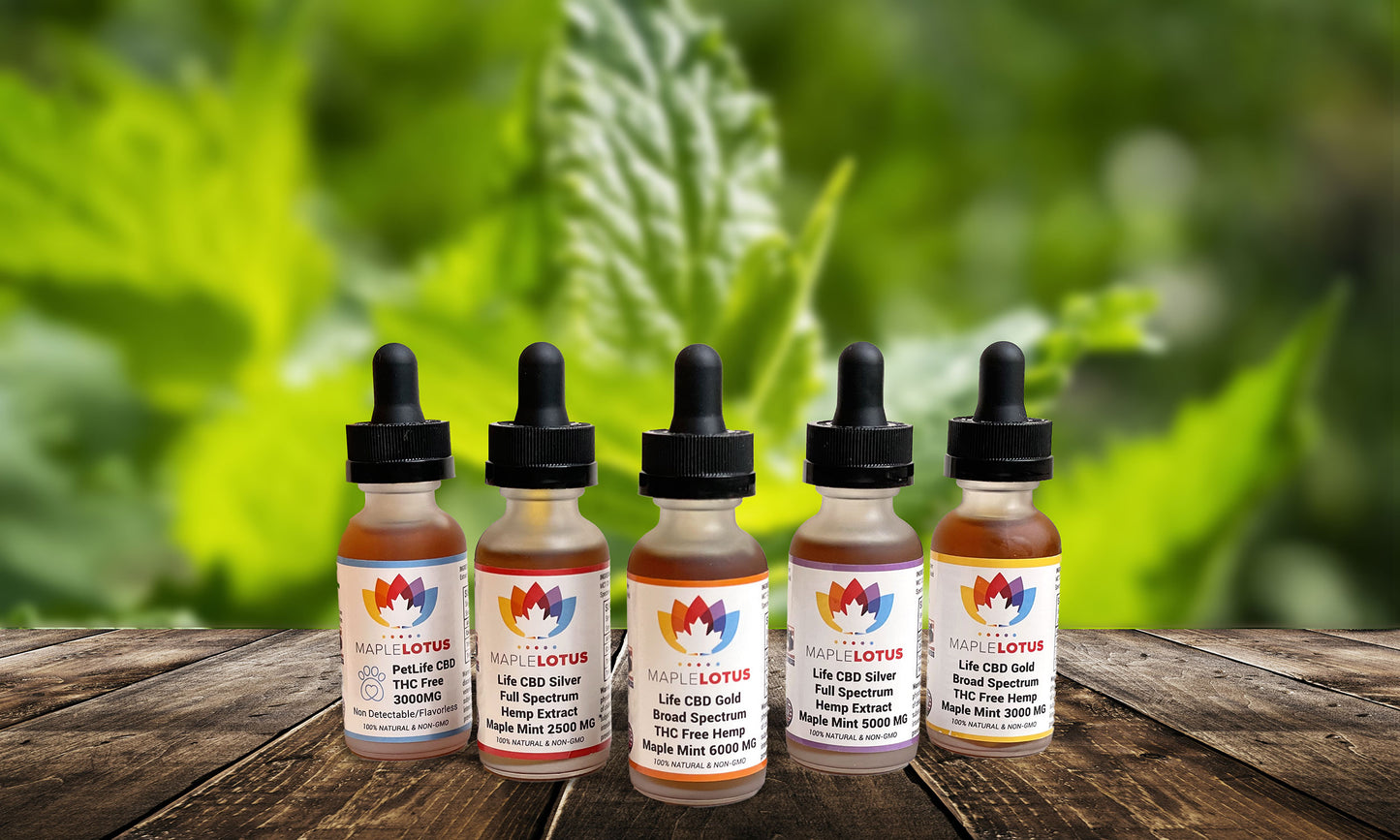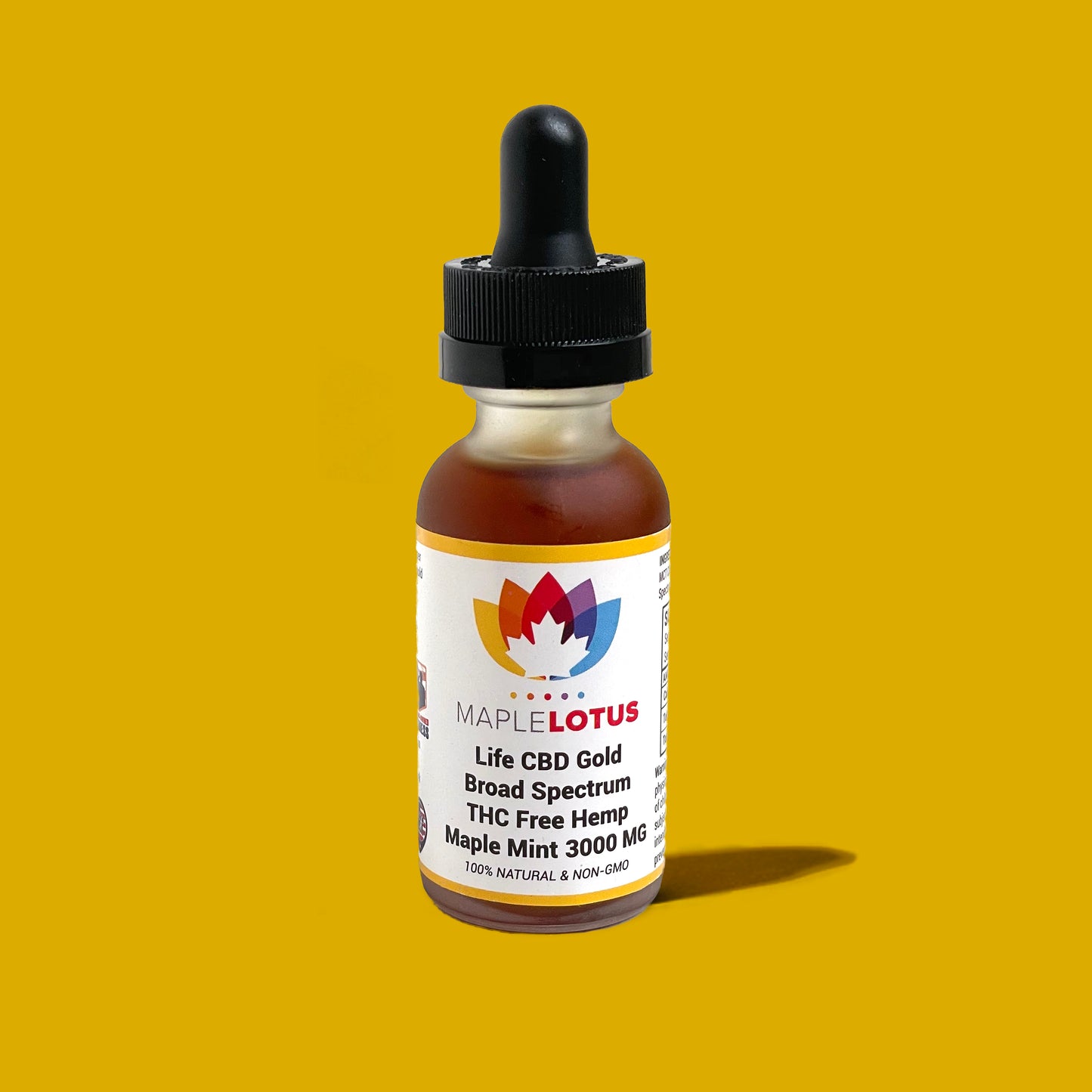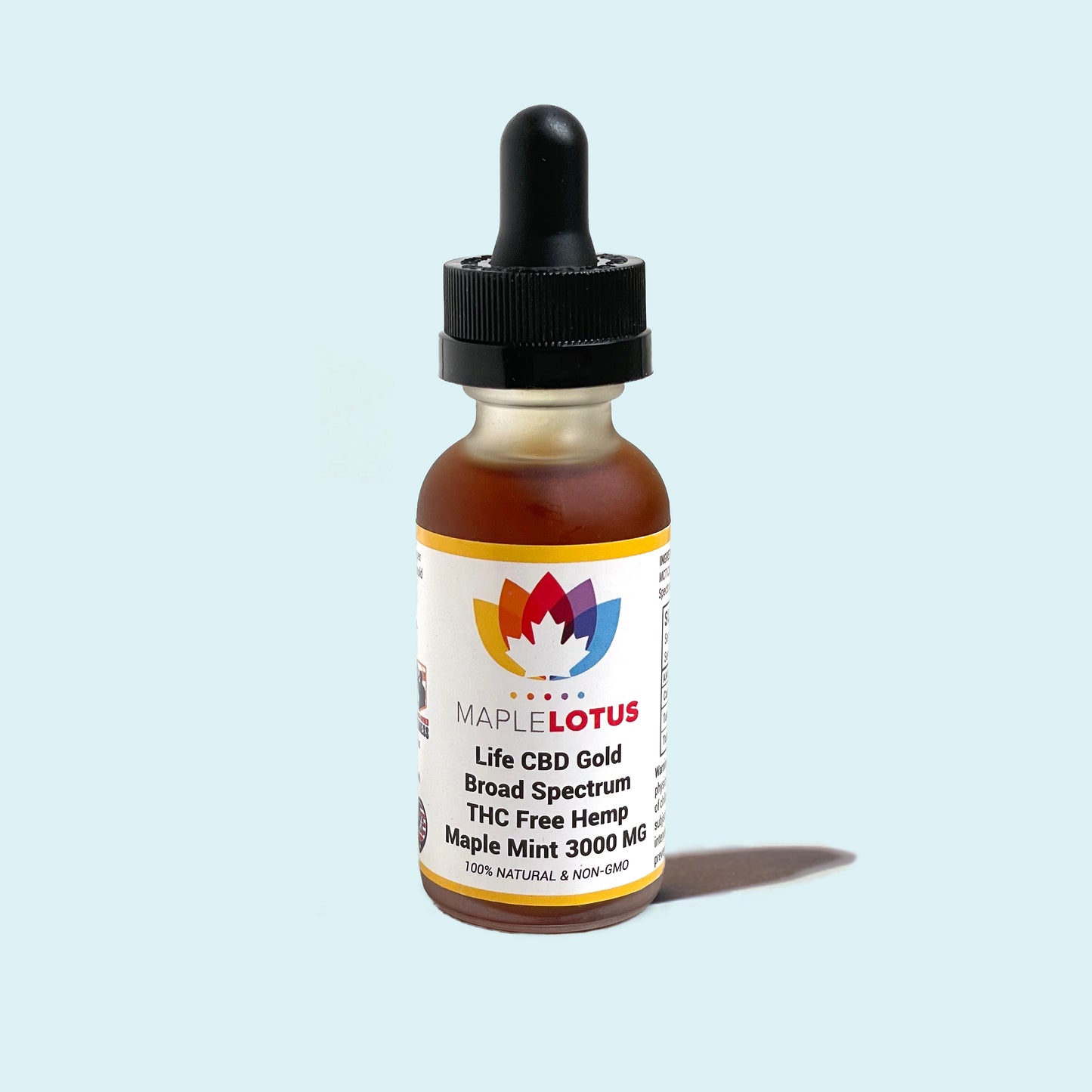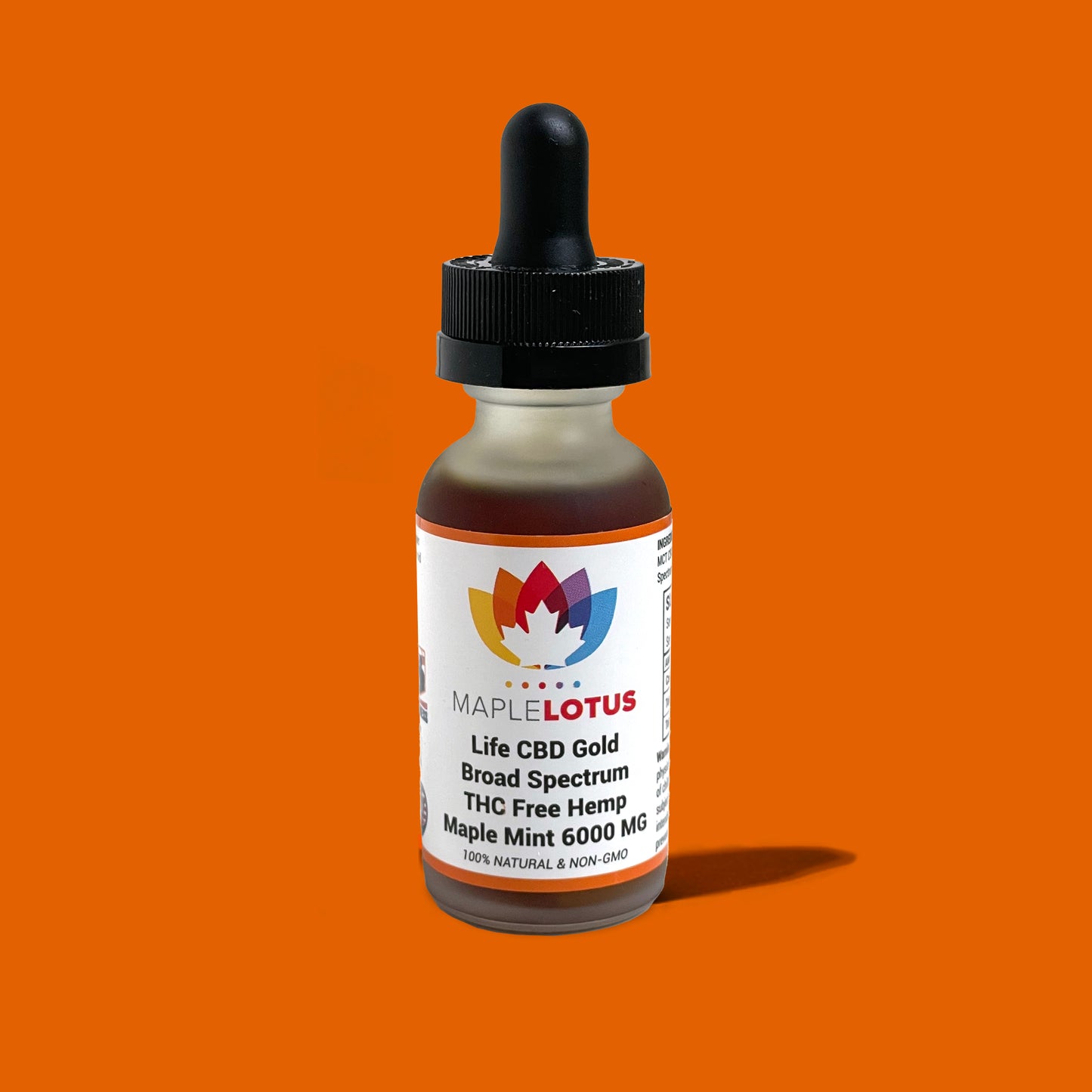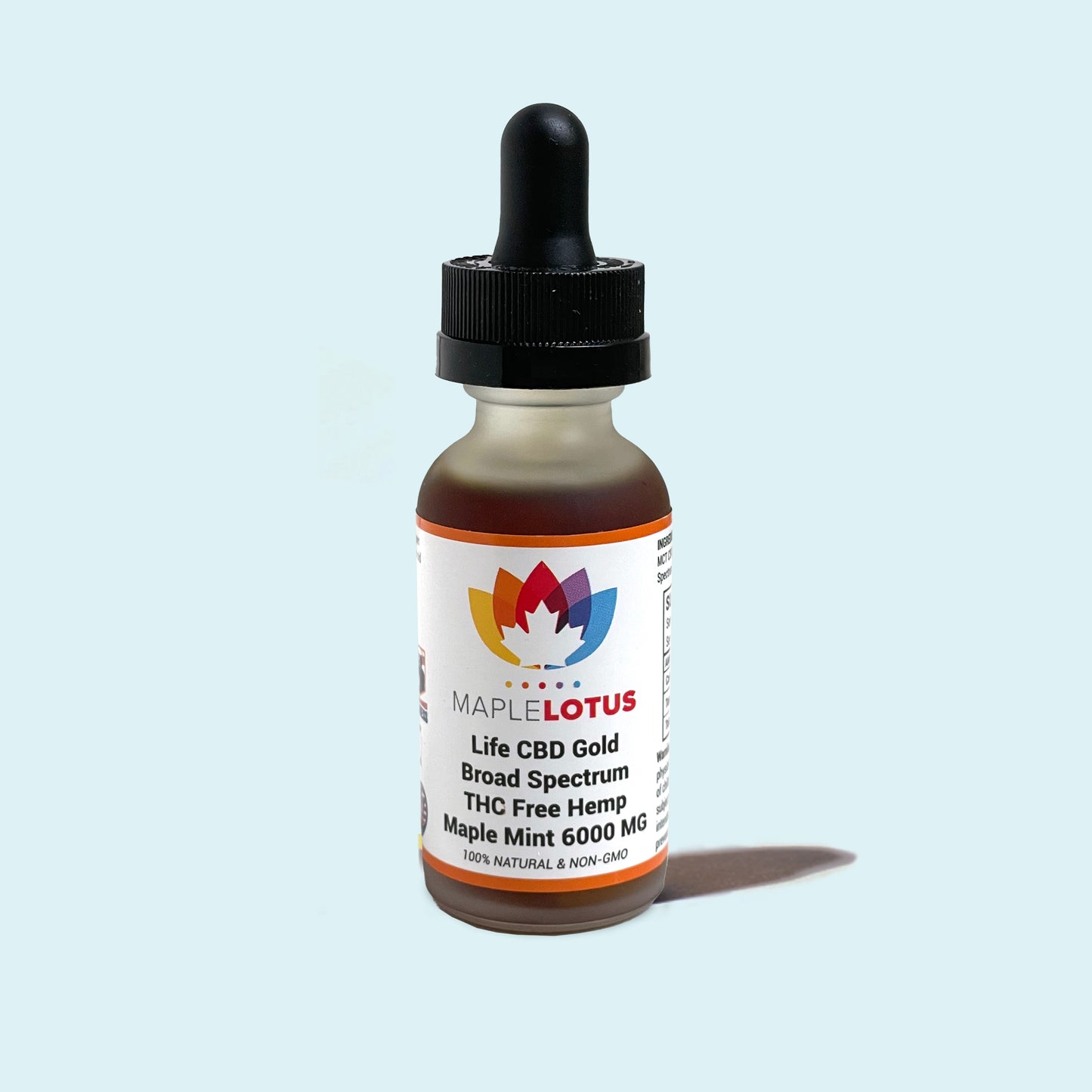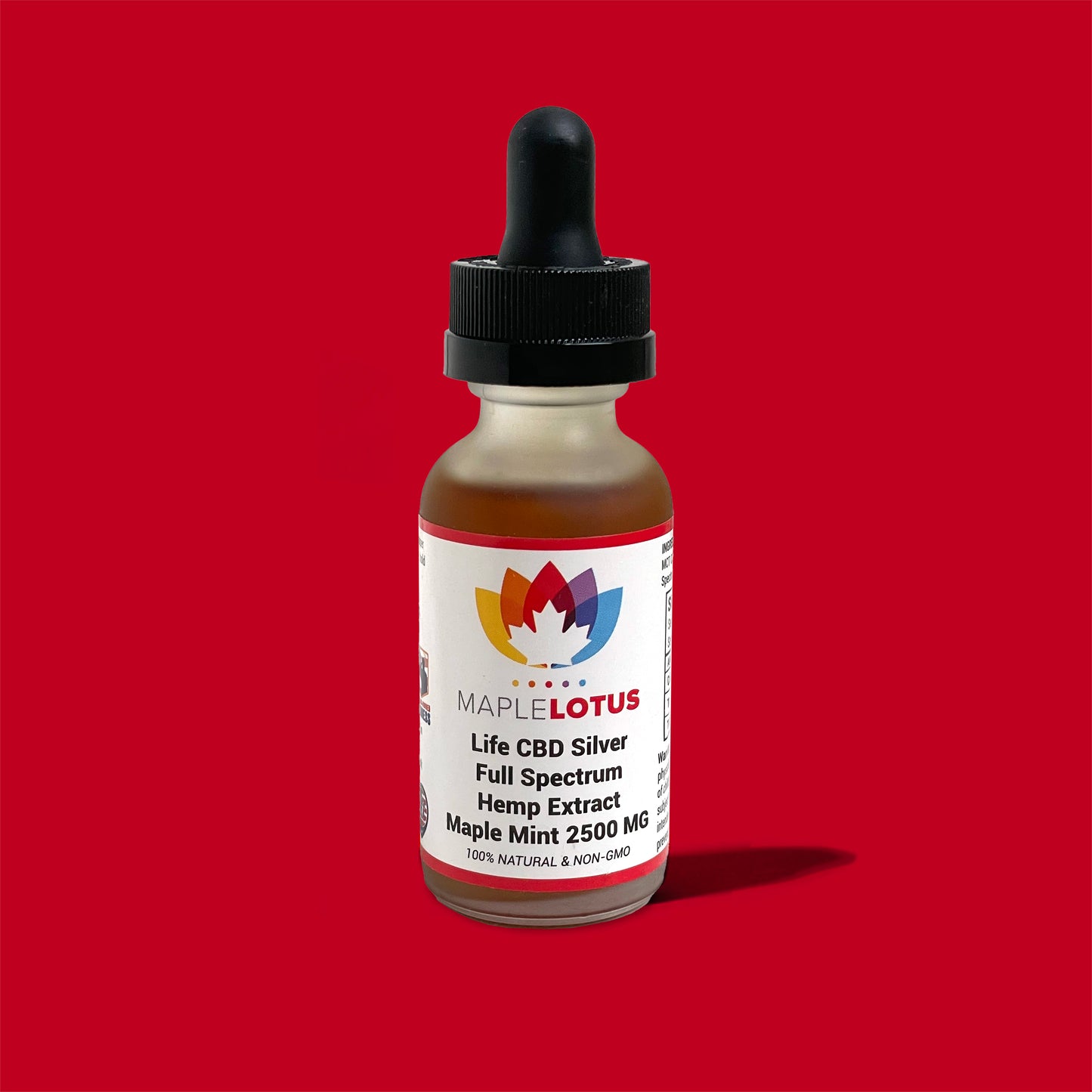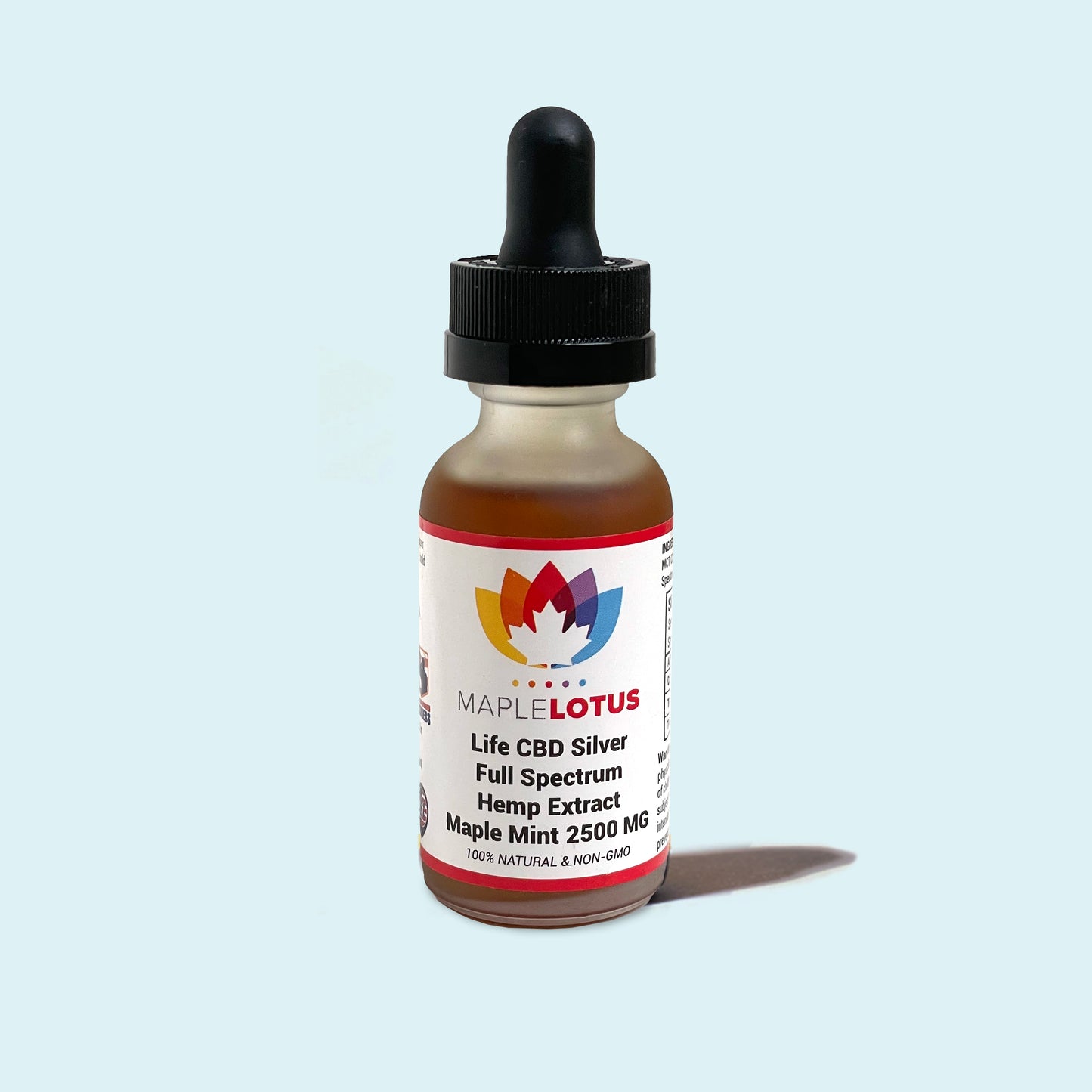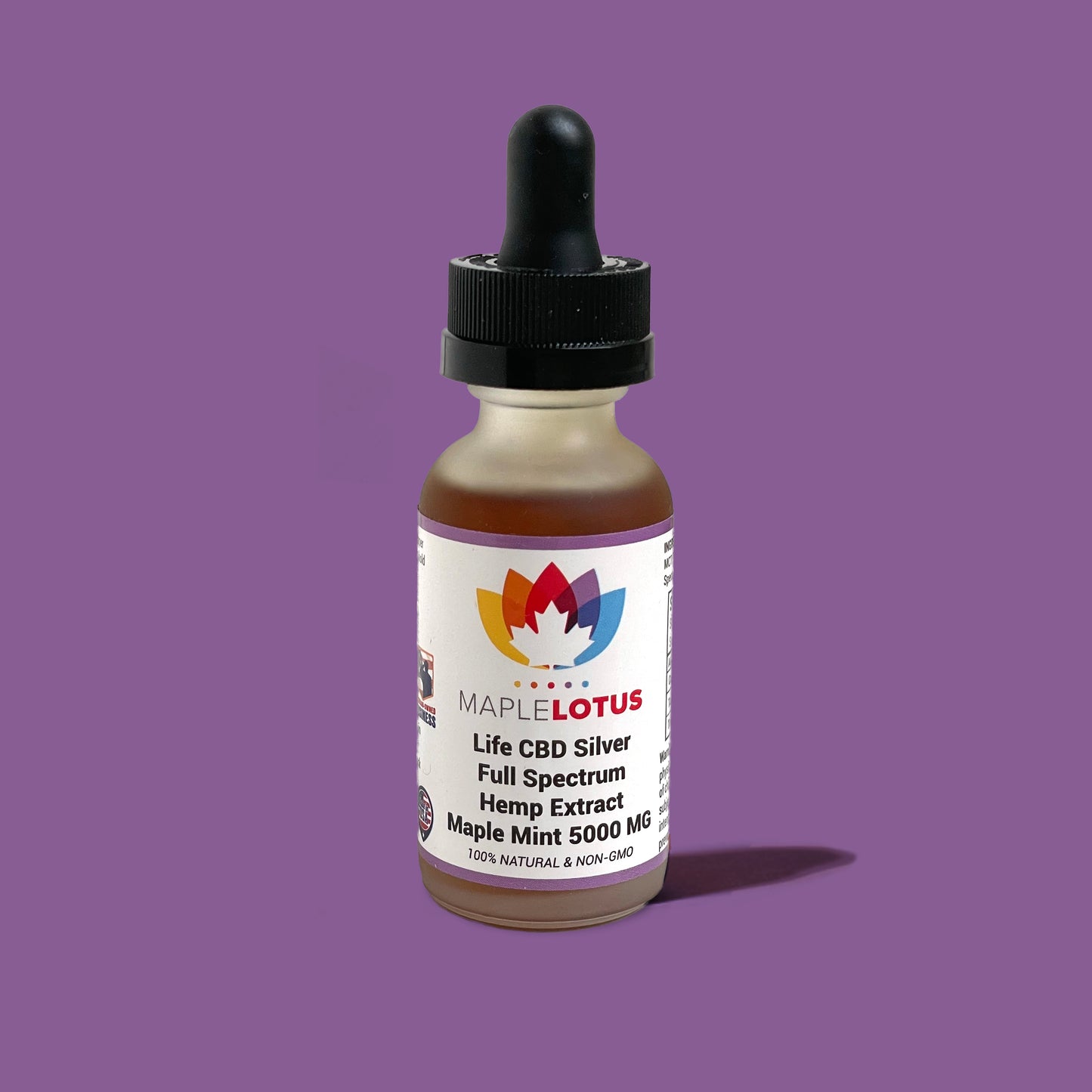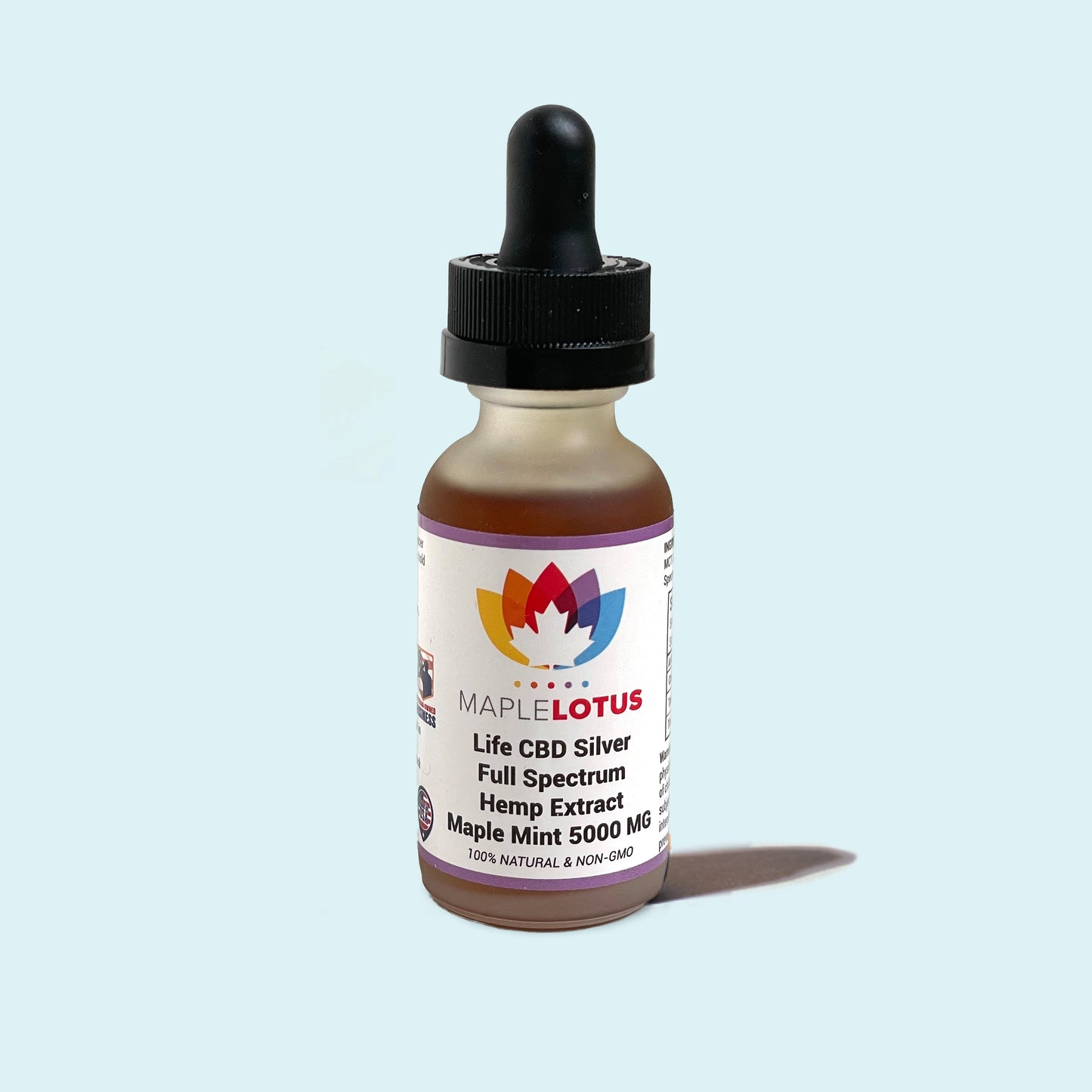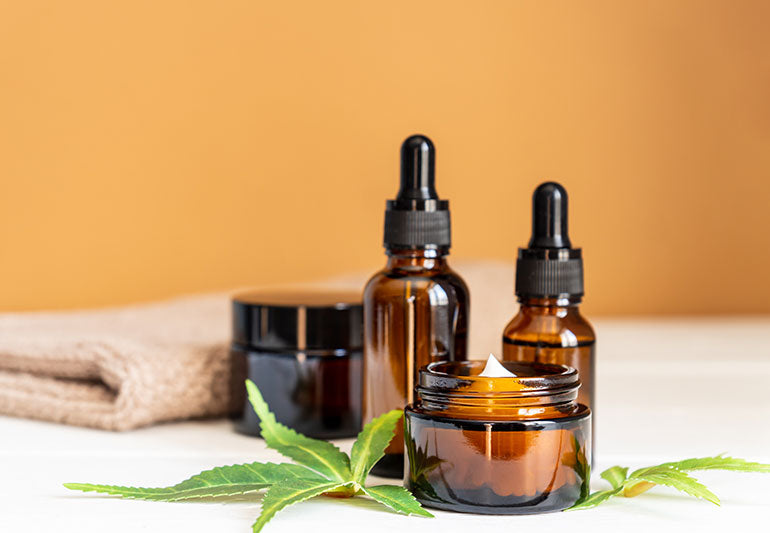
Individuals are turning to alternative medicine in droves as the number of people suffering from worry and stress continues to climb. This progression is also linked to the negative effects of standard treatment. Anxiety-related disorders affect around 31% of the general US population, indicating that they are on the rise in the United States, according to one study. Anxiety is the most common mental health problem in the United States, and it is worsening.
CBD is one of the most widely utilized alternative medications for anxiety treatment, and it has certainly gotten a lot of attention. One of the reasons for this is because it has no significant negative effects.
As CBD continues to be the most popular trend of the day, one of the most common areas where it is quickly gaining traction is using CBD for anxiety. When someone mentions CBD, the first thing that comes to mind is its use for anxiety, depression, and other neurological issues. Is it, however, a transitory fad, or is it supported by substantial scientific evidence? To discover out, let's first define CBD, how to use it for anxiety, and how beneficial it is.
What exactly is CBD?
CBD, or cannabidiol, is a substance found naturally in cannabis plants. Cannabidiol is a substance that belongs to the cannabis family. There are over a hundred of these compounds found in cannabis plants, and scientists are presently researching their potential benefits to the human body. THC, or tetrahydrocannabinol, is a well-known cannabinoid that is similar to CBD.
THC is well-known for its ability to produce a high. It is intoxicating and has the power to change one's mind. CBD is sometimes considered a substance capable of causing a high because it and THC are both derived from cannabis plants. However, this is not the case. Pure CBD, which is THC-free, cannot cause a high, regardless of the plant from which it is obtained.
THC is abundant in marijuana plants, which might be of the Cannabis Sativa or Cannabis Indica type. CBD, THC, and other cannabinoids and terpenes are found in marijuana. CBD, on the other hand, is found in hemp plants as well as marijuana. THC, on the other hand, is absent from hemp. The THC content of hemp plant extracts is less than 0.3%.
As a result, CBD extracted from hemp does not produce a high because THC is absent. As a result, hemp, not marijuana, is now the most common source of CBD. Those seeking the health advantages of CBD without becoming cognitively intoxicated prefer hemp-derived CBD over marijuana-derived CBD. Furthermore, marijuana is federally illegal in the United States and in the majority of other countries throughout the world. This is due of the high THC content. THC, like CBD, offers numerous health benefits for the human body, but its euphoric nature makes it a potentially addictive narcotic.
CBD, on the other hand, has shown some potential advantages for human health, including the use of CBD oil to treat anxiety, while remaining non-intoxicating. Learn more about CBD and its scientifically proven benefits for the human body by visiting this comprehensive resource.
Is CBD the Same as Hemp Seed Oil?
CBD and hemp seed oil are other titles for the same thing. They are not, however, the same, and confusing one for the other can be very misleading. This is especially true if you are looking specifically for a CBD-based product, as hemp seed oil contains no CBD.
CBD oil is made from the leaves, flowers, and stalks of the hemp plant. Hemp seed oil, on the other hand, is obtained from the seeds of the hemp plant. It does not include CBD. Although hemp seed oil contains several nutrients such as fatty acids and other useful ingredients, it does not include CBD. Hemp seed oil is not the way to go if you're looking for CBD to ease anxiety. Instead, look for CBD isolate, CBD broad spectrum oil, or CBD full spectrum oil on the label.
Similarly, CBD, marijuana, and cannabis are not interchangeable terms. Marijuana extract is a cannabis-derived substance that may contain more than 0.3% THC. Similarly, the term cannabis can refer to both marijuana and hemp-derived goods, and it does not always refer to the legal hemp-derived CBD. As a result, the labeling may be misleading, and you should proceed with caution.
How Does CBD Work?
You won't be able to understand the alleged benefits of CBD for anxiety unless you first understand how it works in the human body. To fully understand the process underlying CBD's effect on our biological systems, particularly in terms of anxiety, we must first understand three fundamental occurrences.
- Endocannabinoid system of the body (ECS)
The human body has an endocannabinoid system. This system is made up of receptors in both the central and peripheral nervous systems; those in the central nervous system are referred to as CB1 receptors, while those linked to peripheral nervous system cells are referred to as CB2 receptors. These receptors are in charge of a variety of tasks within the body; they are the ones that together keep our bodies' internal equilibrium in check. They respond to environmental stimuli by releasing endocannabidiols, or the body's own cannabinoid compounds, which govern important bodily operations.
- CBD's Interaction with the ECS
It is unclear what phytocannabinoids (cannabinoids derived from plants) do on our endocannabinoid system. Preliminary research suggests, however, that they operate on CB1 receptors in the central nervous system. Whereas THC and other phytocannabinoids are known to directly effect receptors, CBD is considered to affect the synthesis and lifespan of the endocannabinoids produced by these receptors. CBD has been shown to boost endocannabinoid synthesis and longevity, preventing them from dying too soon and allowing them to work for longer periods of time to maintain homeostasis.
- CBD's Role in the Serotonin Mechanism
According to the study, CBD is also likely to impact serotonin signals at CB1 receptors in the central nervous system. It works specifically with the 5-HT1A receptor. This receptor is known as the serotonin receptor in layman's words. It controls the release of serotonin in the body.
Serotonin is a neurotransmitter whose effects on anxiety, sadness, and mood have been extensively researched. It is commonly considered that a lack of serotonin causes depression, anxiety, and stress.
Selective Serotonin Reuptake Inhibitors, or SSRIs, are used in conventional medicine to treat serotonin insufficiency. Zoloft and Prozac are two well-known examples of conventional drugs. These drugs can only be obtained with a doctor's prescription.
They do, however, have their own set of drawbacks. Traditional medications, for example, are very addictive. People are increasingly resorting to alternative treatments as a result of the side effects associated with regular pharmaceuticals. CBD is one such alternative medication that is becoming more popular. Many people are turning to CBD oils, CBD topicals, and CBD edibles to alleviate anxiety.
These are available without a prescription and over-the-counter. These are available for purchase online or at hemp and CBD-specific stores. While this is a positive for many people who benefit from CBD, it is also a disadvantage because there is no regulating body that validates these anti-anxiety medications.
Scientific Evidence for CBD's Anti-Anxiety Effect
Since the cultivation of both marijuana and hemp was formerly outlawed in the United States and other parts of the world, there has been a significant lack of research on the benefits of CBD. Hemp manufacturing and commercial use of its derivatives were only legalized on a federal level last year.
Some exploratory research has been done to see how CBD affects human anxiety, stress, fear, and depression levels. However, much more research remains to be done. Human research, in particular, is less extensive than animal research, such as that conducted on rats. However, the exploratory research's small size speaks loudly about the prospective outcomes. Here are some recent research findings:
As previously stated, the 5-HT1A Receptor is the primary channel via which CBD regulates the levels of anxiety, stress, fear, and depression in our bodies. A 2015 study demonstrated this. CBD was proven to be beneficial against five different types of anxiety disorders in the same study.
Post-Traumatic Stress Disorder (PTSD)
- Generalized Anxiety Disorder (GAD)
- Obsessive-Compulsive Disorder (OCD)
- Panic Disorder (PD)
- Anxiety Disorder in Social Situations (SAD)
In 2020, another study will be done in New Zealand. In this study, 400 adults were given CBD or a range of medical concerns. These symptoms included mental health concerns, neurological issues, malignant symptoms, and non-cancerous discomfort.
After consuming CBD on a regular basis, the participants reported a considerable improvement in their life quality. Patients who were prescribed CBD for anxiety, depression, and related symptoms, like others, reported an improvement in their capacity to be productive in daily life and better execute their occupations.
70% of the subjects were delighted with the results. Minor side effects were reported by 10% of individuals polled.
Another case study published in 2019 investigated the effects of cannabidiol on anxiety and sleep. The researchers tested 72 adults in this regard. This study was quite helpful in understanding how different CBD levels can result in diverse outcomes.
CBD capsules were given to the patients in varying doses. The majority were given 25 mg pills once a day. Someone with schizoaffective disorder and a history of trauma was given 175mg daily.
After 2 months of constant use, up to 792% of respondents reported an improvement in anxiety-related symptoms. However, 19.5% of adults reported that their symptoms had gotten worse.
In a 2020 study, the researchers published a review of eight studies focusing on the use of CBD for anxiety disorders. They offered evidence to support their assertions and were certain that CBD (alone or in combination with other medicines) could aid in the treatment of a range of anxiety-related disorders such as GAD, SAD, and PTSD.
However, the study was a little hazy on CBD dose. CBD dosages used in the study ranged from as little as 6mg to as high as 400mg. As a result, further research is needed, especially when it comes to setting standards for the optimal range of CBD intake.
CBD's Impact on Other Neurological Disorders
Aside from anxiety, CBD has been explored for its potential application in the treatment of other neurological disorders like as depression and schizophrenia. A 2017 research of 201 persons discovered inadequate evidence to support CBD's efficacy in treating depression. According to the experts, there is some evidence that CBD can help with anxiety disorders.
The trial, however, was not controlled. In other words, participants in this study were not compared to patients who did not get CBD medication or any treatment for similar disorders.
Another 2016 study found that CBD can help those suffering from schizophrenia. Furthermore, CBD does not have the same detrimental side effects as typical anti-anxiety drugs, according to the study.
How Should CBD Be Taken?
After deciding to go on a CBD health program, the next crucial step is understanding how to take CBD for anxiety. CBD can be administered in a variety of ways, and which method is best for you is determined by a number of factors. While some tactics may have long-term effects, others may be more appropriate for short-term stress relief and would be utilized only as needed.
Furthermore, while some CBD delivery methods may have an immediate effect, others are recommended for long-term health benefits. Continue reading to find out how to use CBD oil for anxiety and which technique works best for certain symptoms.
Here are some of the ways CBD can help with stress and anxiety:
- Anxiety relief with CBD sublingual sprays
- Anxiety relief with CBD oil
- CBD edibles and CBD gummies to help with anxiety
- Anxiety relief with CBD capsules
- Anxiety relief via vaporized oil or hemp flower
Some CBD stress relievers are best used before to a stressful event, such as giving a public speech or taking a major exam. Others, on the other hand, can be used throughout the day to relieve anxiety and should be taken first thing in the morning with meals.
What is the Recommended CBD Dosage?
More research is needed to determine what is the best CBD dosage for you. There is simply no data on the best CBD dosage for anxiety. It's mostly trial and error. However, minimal study has been conducted to determine the standardized dosage for CBD against stress and anxiety.
A 2019 study looked at the best dosage for adults in terms of reducing anxiety symptoms. The researchers discovered that 300 to 600mg CBD was efficient in reducing participants' anxiety symptoms.
However, before beginning your CBD wellness routine, you should consult with a doctor to identify the correct dosage for your unique ailment.
CBD Adverse Effects
Although the majority of CBD users have reported no long-term harmful effects, it may cause oversensitivity in certain persons. Some people may experience side effects, particularly at the beginning, such as:
- Fatigue
- Low Blood Pressure
- Nausea
- Dizziness
- Diarrhea
- Loss of weight
Furthermore, if you are already taking certain medications, you should proceed with caution. This is especially important if you are taking blood thinners or a prescription that contains a grapefruit warning. CBD, like grapefruit, can interfere with the enzymes that regulate medication metabolism. This can have negative consequences.
As a result, if you are already on medicine, you should not begin using CBD until you have spoken with your doctor.
Is CBD legal to use?
Another crucial consideration is the legality of CBD products. CBD was once fully prohibited in the United States. Its legal status was only modified at the conclusion of the previous year. When the Farm Bill was passed last year, CBD derived from hemp was declared legal on the federal level. It should be noted that under state legislation, hemp is defined as a cannabis plant with a THC concentration of 0.3% or less. Anything with more than 0.3% THC is not hemp, but marijuana, which is still illegal under federal law.
However, federal law is not the only thing you must be familiar with. Although hemp-derived CBD products are lawful on a federal level, various states have different rules surrounding hemp production and CBD extraction for commercial usage.
Whereas some jurisdictions have made hemp and CBD completely legal, others may still consider it illegal. There are still states that allow CBD in one form while making it illegal in another.
Knowing the legal status of CBD in your state and other states is critical if you intend to travel with CBD. Refer to this complete table for the legal status of CBD in all 50 states in the US to learn more about whether CBD is legal in your state and in what form it can be kept.
Is the FDA in charge of CBD products?
One of the most serious issues confronting the CBD business today is the fact that these products are not regulated by the FDA. As a result, their veracity is called into question. In 2018, the FDA approved CBD for medicinal use exclusively for two uncommon types of epilepsy. Following extensive research, it was approved for use as an anticonvulsant against the two types of epilepsy, Lennox-Gastaut and Dravet Syndrome, via the medicine Epidiolex.
Unfortunately, the FDA has not approved the use of CBD in any other form or brand. As a result, the contents and percentages listed on their labels may be misleading. Furthermore, according to the National Organization for the Reform of Marijuana Laws (NORM), the concentration of CBD in most commercial CBD products is significantly lower than that utilized in clinical research.
How to Select the Best CBD Product for Anxiety
Choosing the appropriate product might be challenging because there is so much doubt regarding which brand is the best when it comes to authenticity. This is especially true when none of these are regulated by the FDA. A few simple checks, on the other hand, can ensure that you make the best possible purchase. Here are a few things to consider when purchasing CBD oils for anxiety:
There are three types of CBD supplements available on the market. CBD, THC, and other terpenes are all present in full-spectrum CBD oil. CBD and other compounds are included in THC-free broad-spectrum CBD products. In contrast, CBD isolate is pure CBD that has been stripped of all extraneous components. Some people may be sensitive to even trace levels of THC. It is recommended that you utilize CBD isolate or broad spectrum products to avoid the psychoactive impact.
Because there is a risk that the labels will be misleading because they are not vetted and regulated, it is best to purchase items that say that they have been lab tested. These businesses will include a laboratory certificate with their goods. This ensures that they contain exactly what they say they do.
Rather than buying CBD products online, the safer choice is to get them from a pharmacy. This is due to the fact that pharmacies have stricter quality controls than other stores and online merchants.
Conclusion
Despite the fact that the number of people using CBD for anxiety is increasing and that people are increasingly turning to it as a safer medicine, scientific proof to support its efficacy against stress and anxiety is still missing. More in-depth research in this area is desperately needed. The majority of research on the therapeutic effects of CBD on anxiety has been conducted on animals. Large-scale human investigations are required.
Another challenge is establishing the appropriate CBD supplement dosage in individual instances. There is no standard dosage advised. In most cases, the user determines it through experimentation until a sufficient dose is attained.
Furthermore, CBD's ability to interact with other medications is a potential health risk in and of itself. To avoid this risk, it is strongly encouraged that you consult with a doctor before starting CBD use in conjunction with other medications. He'll also be better able to advise on dosage and administration methods.
Before embarking on the CBD health journey, conduct considerable research to determine whether it is legal in your state to own CBD products.
References
https://www.nimh.nih.gov/health/statistics/any-anxiety-disorder.shtml
https://www.ncbi.nlm.nih.gov/pmc/articles/PMC4604171/
https://www.healthline.com/health/mental-health/serotonin
https://www.ncbi.nlm.nih.gov/pmc/articles/PMC7330185/
https://www.ncbi.nlm.nih.gov/pmc/articles/PMC6326553/
https://www.sciencedirect.com/science/article/pii/S154431911930514X
https://www.tandfonline.com/doi/full/10.1080/15622975.2017.1285049

